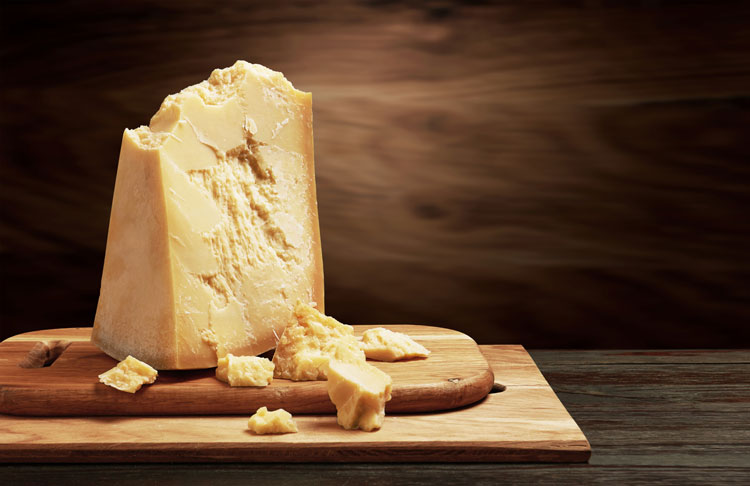
“This has been the issue that is the toughest to navigate in trying to develop a global brand,” said Sartori Cheese CEO Jeff Schwager on the October 7 Hoard’s Dairyman DairyLivestream.
The hurdle Schwager refers to is not product development, labor and infrastructure, or even consumer demand. No, it is the restricted names of Europe’s geographical indications (GIs) that limit Sartori’s business potential internationally.
“When we ship our Parmesan into Europe today, we have to call it ‘hard grating cheese,’” Schwager illustrated. “People don’t know what that is.”
When GIs from Europe are protected in other countries through their trade agreements, American cheesemakers cannot properly market their products in those places, including Mexico, China, and Canada. It’s frustrating and destructive for cheesemakers and their dairy farmers.
“There’s worldwide appreciation and want for high-quality American specialty cheese,” Schwager affirmed. Sartori, based in Wisconsin, has products in 50 countries worldwide. But that’s not always with equal representation.
“The European approach right now, we don’t believe is fair trade,” he said. “My belief is they’re trying to lock us out of the rest of the world.”
Finding another way
A logical argument to avoid using the direct name of a protected cheese would be to modify it. Could a cheese be marketed as “Parmesan-style”?
“In general, ‘style’ or ‘type’ can be used,” Schwager said. “But within more developed regions like when you get into the European market, if you were to try to use that, in the cheese industry, it typically means you don’t meet the standard of identity. So it’s viewed as a lower quality product.”
Sartori has had to operate in other ways around the limitations of GIs to market their products internationally, although it has not been easy.
“To get around this whole thing, we went to the expense of creating an entirely new variety of cheese that we call BellaVitano,” Schwager said. “It’s a very expensive way to do it, and you have to educate the consumer because they don’t know what BellaVitano is. The best way to do that is you spend a lot of money sampling it at stores.”
International cheese sales must be as viable as possible, because more demand means more opportunity for U.S. dairy farmers. Besides fluid milk, specialty cheese may return the most money back to farmers — and it’s one of the fastest growing food sectors in the world.
Sartori and its farmers are one example of this growth. “When we started this development of our retail brand and our global strategy, we had two cheesemaking plants. They were operating four days a week,” Schwager said. “Today, they both operate seven days a week.
“We’re going to have to increase capacity. We buy 100% of the milk out from 87 dairy farms every day in Wisconsin, and each of those farms have had the opportunity to grow with us. There have been more farms that we’ve brought on, and we want that for the future,” he continued.
“[GIs are] a key issue in setting up dairy for success.”
An ongoing series of events
DairyLivestream will air twice each month for the remainder of this year. The next broadcast, “Dairy remains a powerhouse,” will be on Wednesday, October 21 at 11 a.m. CST. Each episode is designed for panelists to answer over 30 minutes of audience questions. If you haven’t joined a DairyLivestream broadcast yet, register here. Registering once registers you for all future events.








